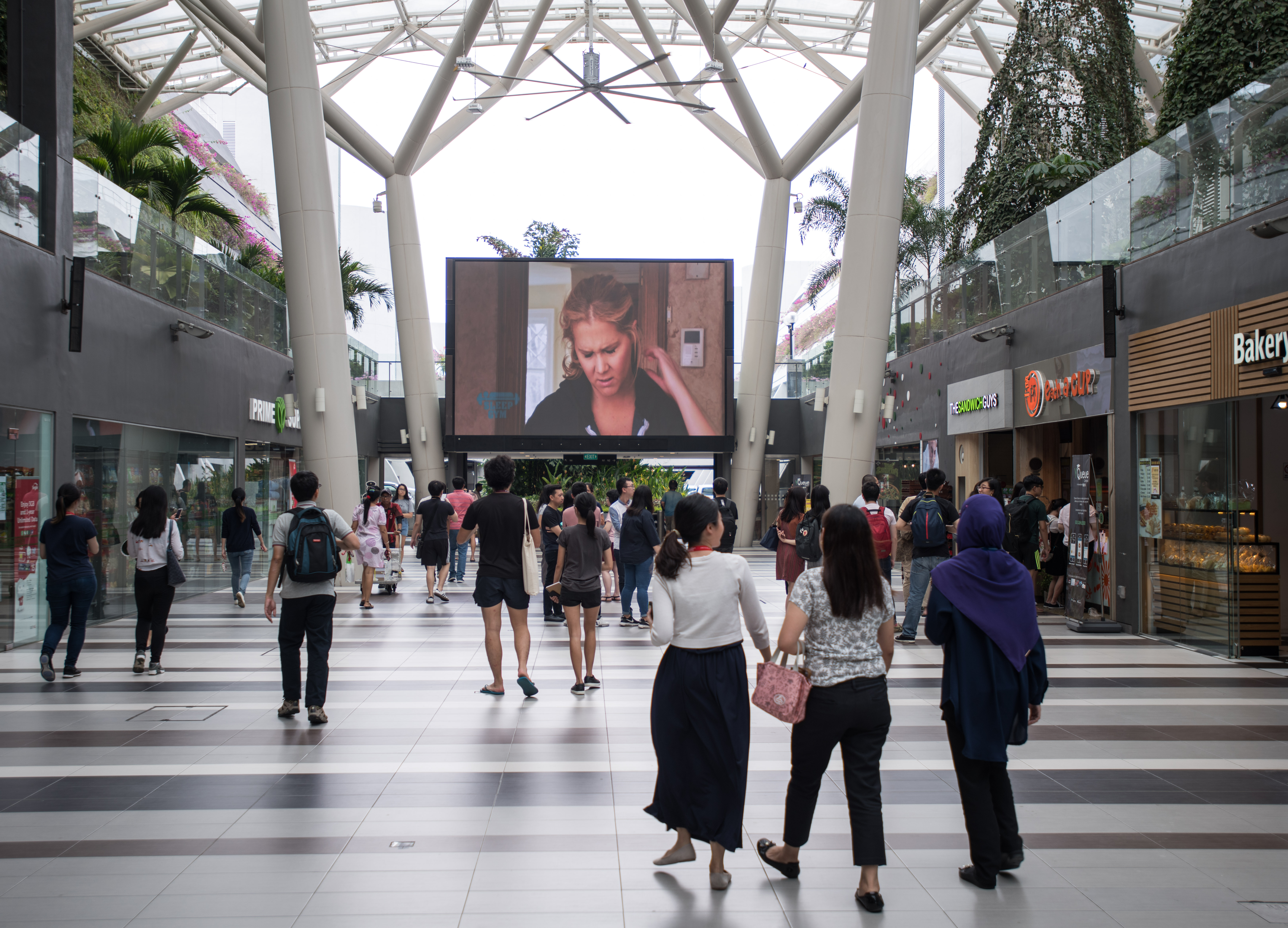NTUSU: consultations with students prompt latest S/U survey
18 Mar 2019
By Rexanne Yap
 Any changes made to the university’s S/U option will affect the majority of undergraduates at NTU, who have voiced their concerns to NTUSU through the survey and in feedback sessions last year. PHOTO: JOEL CHAN
Any changes made to the university’s S/U option will affect the majority of undergraduates at NTU, who have voiced their concerns to NTUSU through the survey and in feedback sessions last year. PHOTO: JOEL CHAN
The Satisfactory/Unsatisfactory (S/U) option is commonly used by students every semester before their grades are out, to withdraw the grade of a particular course from being considered in their Grade Point Average (GPA).
But soon, there could be a possibility of the S/U option being available even after the final grades are released.
This appears to be the popular suggestion of students who responded to NTU Student Union's (NTUSU) latest survey, conducted this February.
Results of the study are currently being calculated. To ensure greater accuracy of its findings, the Union is using data analytics. Algorithms are used to sieve out keywords that highlight the main concerns that students have. Business intelligence software will then be used to visualise the responses to the S/U survey.
With these methods, NTUSU hopes to put forth a stronger case to the NTU management, said NTUSU President Edward Lim.
Previously, an S/U option survey sent to all Union members in November 2016 revealed that 55 per cent of more than 3,000 respondents found the S/U option “helpful”, while the rest found it unhelpful.
But the university had found no compelling reason to make changes to the S/U scheme after discussing the findings with the Union, as reported on the Union’s blog, U-Insight, in August last year.
Lim said: “(The previous survey) was simplistic...the questions that were asked were very leading questions. In a sense, it wasn’t a very objective study.”
So this year, the NTUSU used a “proper approach” to the S/U option survey to accurately represent students’ sentiments toward the S/U policy.
Furthermore, focus group discussions with students of all years were held from 27 to 28 Feb to collect qualitative responses, in addition to the online survey conducted from 2 to 8 Feb.
This study was the culmination of months of planning ever since the Union’s executives were elected, and was not a reactionary response, said Lim.
“Students do not want to gamble with their grades. Having the S/U option before the release of (letter grades) actually worries students. It might impede their appetite to try modules beyond their curriculum,” said the 24-year-old NTUSU President.
He said that the Union received this feedback through their Town Hall forum last October, as well as through their consultation sessions, social media channels, emails and daily interactions with the student body.
The results of the study will be published to students in March or April, after the analysis of the focus group discussions is completed. Following that, a proposal will be presented to Professor Tan Ooi Kiang, the Associate Provost for Undergraduate Education.
Satisfied with the survey
Students that the Chronicle spoke to were pleased that the Union is putting in more effort into their research.
“What the NTUSU is doing is greatly appreciated by all of us. They are speaking for the entire batch of undergraduates,” said Ahkshara Sankar, a first-year student from the School of Computer Science and Engineering.
Peh Ying Sien, 21, a first-year student from the School of Electrical and Electronic Engineering, praised NTUSU’s work thus far and hopes that the proposal passes to benefit both freshmen and seniors.
“If we were allowed to (use the) S/U (option) after our results, at least we will try to put in the effort (for the entirety of the module) to get a better grade,” said Peh.
Some students compared the National University of Singapore (NUS)’s S/U option policy to NTU’s. NUS allows most undergraduates, except those from law, medicine and dentistry, to exercise the S/U option on specified modules after they have received their letter grade results.
“It’s quite unfair. Their CGPA (Cumulative Grade Point Average) would be higher than ours,” said 22-year-old Brian Chong, a first-year student from the School of Chemical and Biomedical Engineering.
Concerning that, Lim said that they would only use other universities’ policies as a reference point. He reiterated that their case would be primarily based on the context of NTU.
Officially, the University stated that the objective of the S/U Option was to encourage students to try modules beyond their core subjects without worrying about their CGPA. This allows for a more holistic assessment instead of basing academic performance solely on examinations.
“The University’s ideal is that they do not want students to manipulate their CGPA buy toying with the S/U option,” said Lim.
“But does the reality of setting the S/U option before the release of (letter grades) discourage students from manipulating their CGPA? We are looking at the consequences of this.”


